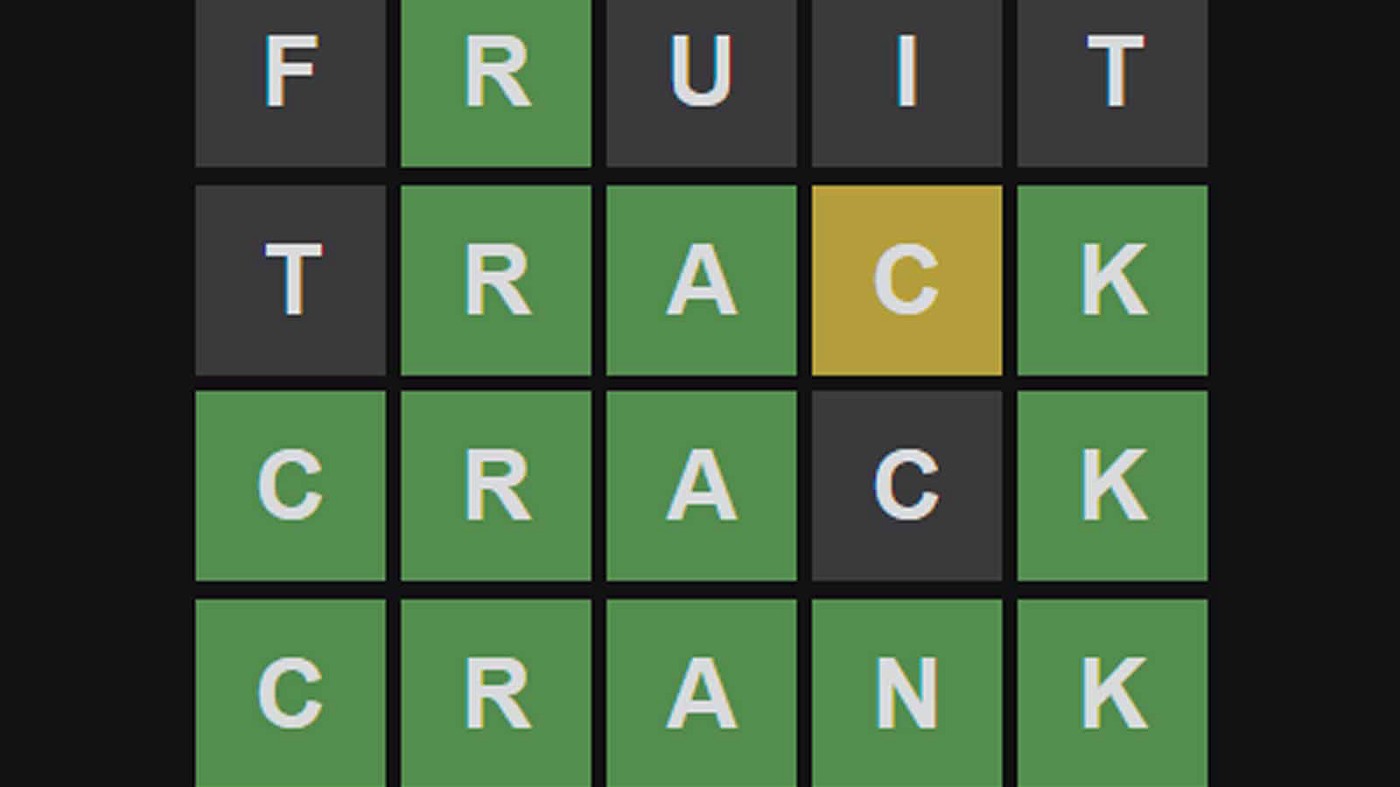Wordle Words: Solve Puzzles Easily

Wordle, the popular daily word-based game, has taken the internet by storm with its simple yet challenging concept. Players are given six attempts to guess a five-letter word, with feedback provided in the form of colored tiles indicating how close their guess is to the correct answer. For those struggling to solve these puzzles, understanding the most common Wordle words and strategies can significantly improve their chances of success. In this article, we will delve into the world of Wordle, exploring the best starting words, common patterns, and tips for solving puzzles with ease.
Understanding Wordle Patterns and Frequencies

One of the key strategies for solving Wordle puzzles is to understand the patterns and frequencies of letters in the English language. Certain letters, such as E, A, and O, are more commonly used than others, like Q, X, and Z. By leveraging this knowledge, players can make more informed guesses. For instance, starting with words that contain these high-frequency letters can increase the likelihood of getting at least one or two correct letters in the first attempt. Words like “house” or “arose” are good examples, as they contain a mix of commonly used letters.
Best Starting Words for Wordle
The choice of the starting word in Wordle can significantly impact the outcome of the game. A good starting word should ideally contain a balanced mix of vowels and consonants, along with letters that are frequently used in the English language. Some of the best starting words include “adieu,” “audio,” and “house.” These words not only cover a range of common letters but also give a good spread of vowels and consonants, maximizing the potential for at least one or more correct letters.
| Word | Vowel/Consonant Mix | Frequent Letters Covered |
|---|---|---|
| Adieu | 3 Vowels, 2 Consonants | E, U, A, D, I |
| Audio | 3 Vowels, 2 Consonants | A, U, I, O, D |
| House | 3 Vowels, 2 Consonants | E, O, U, H, S |

Common Wordle Words and Patterns

Beyond the starting words, understanding common Wordle words and patterns can also aid in solving puzzles. Certain word patterns, such as words ending in “-ing” or words that have double letters, are more common than others. By recognizing these patterns, players can adjust their guesses accordingly. For example, if a player has already identified a couple of letters and notices that the word could potentially fit a common pattern, they can leverage this insight to make a more informed guess.
Using Elimination Strategies
An elimination strategy is another powerful tool in Wordle. By guessing words that cover a wide range of letters, players can systematically eliminate possibilities, narrowing down the potential correct answers. This approach is particularly useful when combined with the knowledge of common Wordle words and patterns. For instance, if a player notices that a word could be a possible solution but lacks a specific common letter, they can guess a word that includes this letter, thereby either confirming its presence or ruling it out.
Key Points
- Understanding common letter frequencies and word patterns is crucial for success in Wordle.
- Choosing a starting word with a balanced mix of vowels and consonants, including frequently used letters, can significantly improve the chances of getting at least one correct letter.
- Leveraging elimination strategies, especially when combined with pattern recognition, can efficiently narrow down potential correct answers.
- Knowledge of common Wordle words and the ability to recognize patterns, such as word endings or double letters, can aid in making informed guesses.
- Flexibility and adaptability in strategy, based on the feedback received after each guess, are essential for solving Wordle puzzles efficiently.
Advanced Strategies for Wordle Enthusiasts
For those looking to take their Wordle game to the next level, advanced strategies can provide a competitive edge. This includes using complex algorithms to analyze letter frequencies and word patterns, as well as employing psychological insights to guess words that are less commonly thought of but still plausible. Additionally, maintaining a list of solved words and analyzing them for common traits can help in identifying patterns that might not be immediately apparent.
Future of Wordle and Its Impact on Language Games
The popularity of Wordle has not only spawned numerous clones and variations but has also reignited interest in word games and puzzles. As the game continues to evolve, with potential updates including new word lists and gameplay mechanics, its impact on the world of language games is expected to be significant. Wordle has shown that simple, yet challenging games can appeal to a wide audience, encouraging developers to create more engaging and intellectually stimulating content.
What is the most effective strategy for solving Wordle puzzles?
+The most effective strategy involves a combination of starting with a word that contains commonly used letters, recognizing patterns, and using an elimination approach to systematically narrow down possibilities.
How can I improve my chances of guessing the Wordle in fewer attempts?
+Improving your chances involves understanding letter frequencies, recognizing common word patterns, and adapting your strategy based on the feedback received after each guess.
Are there any tools or resources that can help me solve Wordle puzzles more efficiently?
+Yes, there are various online tools and resources, including word lists, pattern analyzers, and strategy guides, that can aid in solving Wordle puzzles. However, the key to success lies in understanding the underlying strategies and adapting them to each puzzle.
In conclusion, solving Wordle puzzles with ease requires a combination of strategic thinking, pattern recognition, and a deep understanding of the English language. By leveraging common Wordle words, employing elimination strategies, and adapting to the feedback provided after each guess, players can significantly improve their chances of success. As Wordle continues to captivate audiences worldwide, its impact on the realm of word games and puzzles is undeniable, inspiring a new wave of engaging and intellectually stimulating content.



